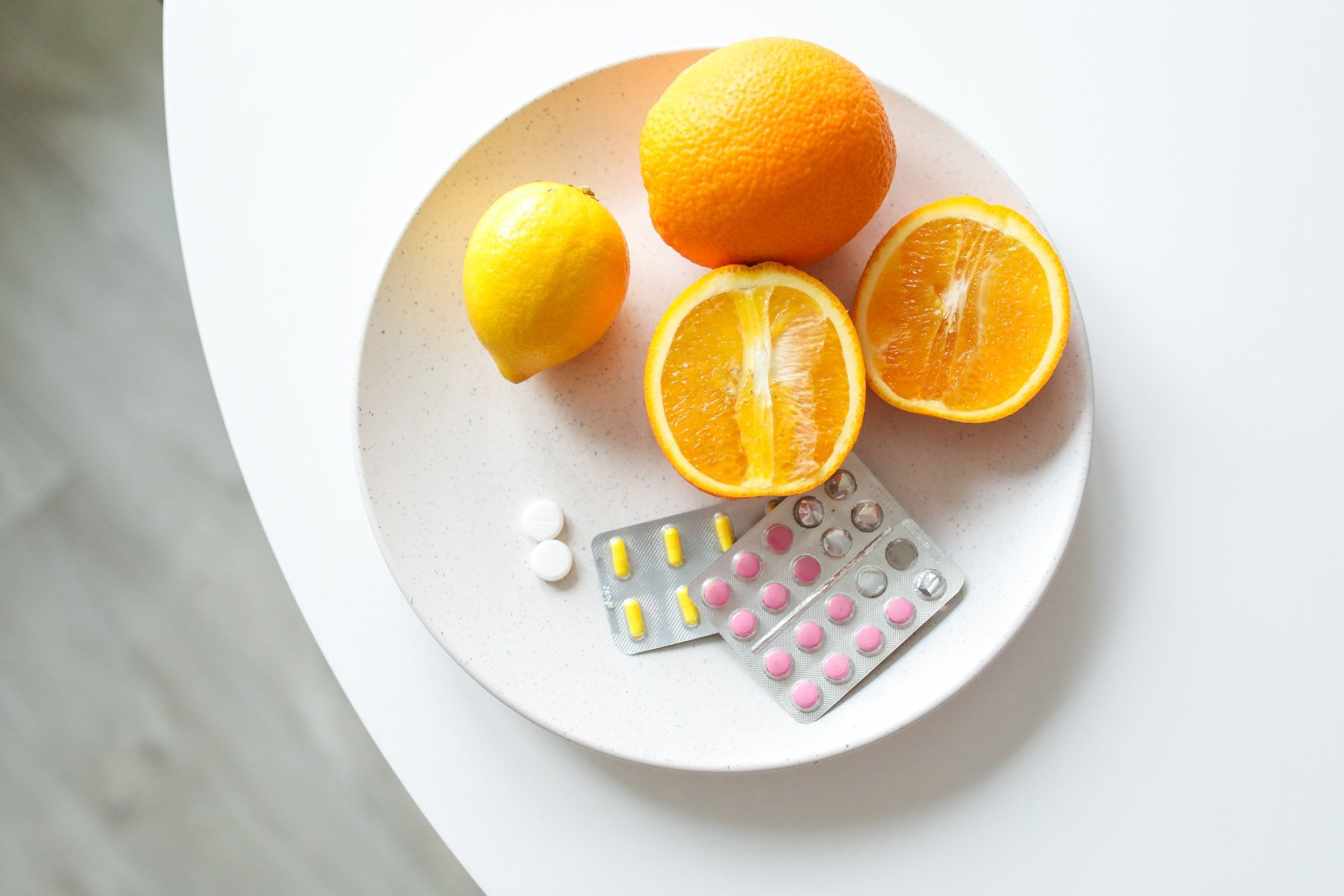Nurturing Your Body's Biggest Organ: Understanding the Skin's Natural Moisture Barrier

In the world of skincare, we often hear about the importance of maintaining a healthy and resilient moisture barrier. But what exactly is this mysterious shield that protects our skin, and why is it so crucial for a radiant complexion? As your skin expert, I am excited to delve into all the things with your skin's natural moisture barrier, exploring its significance and providing insights into how you can nurture and preserve this vital aspect of your health.
The Basics: What is the Skin's Natural Moisture Barrier?
The skin's natural moisture barrier, also known as the lipid barrier or stratum corneum, is the outermost layer of the skin. Composed of lipids, ceramides, cholesterol, and fatty acids, this barrier acts as a protective shield, sealing in moisture and preventing water loss. Think of it as your skin's own defense mechanism, maintaining hydration and safeguarding against external aggressors.
Why is the Moisture Barrier Essential for Healthy Skin?
Hydration Retention:
The primary role of the moisture barrier is to keep the skin hydrated by preventing water from evaporating. A well-hydrated skin surface not only feels smooth and supple but also enhances the skin's natural glow.
Protection Against Irritants:
An intact moisture barrier acts as a barrier against environmental irritants, pollutants, and allergens. It shields the skin from potential damage, reducing the risk of sensitivity and inflammation.
Supporting Skin Elasticity:
The moisture barrier plays a crucial role in maintaining the skin's elasticity. When the skin is adequately hydrated, it is more resilient and better able to bounce back from daily stressors.
Defense Against Microorganisms:
A healthy moisture barrier creates an inhospitable environment for harmful microorganisms. It acts as a natural defense mechanism, reducing the risk of infections and promoting overall skin health.
How to Preserve and Enhance Your Skin's Moisture Barrier:
Gentle Cleansing:
Use a mild, hydrating cleanser to avoid stripping the skin of its natural oils. Harsh cleansers can compromise the moisture barrier, leading to dryness and irritation.
Moisturize Regularly:
Choose a moisturizer with ingredients like ceramides and hyaluronic acid to replenish and reinforce the moisture barrier. Apply it consistently to keep your skin hydrated.
Protect from UV Damage:
Sun damage can weaken the skin's moisture barrier. Use a broad-spectrum sunscreen with at least SPF 30 to shield your skin from harmful UV rays.
Avoid Over-Exfoliation:
While exfoliation is essential, overdoing it can disrupt the moisture barrier. Limit exfoliation to 1-2 times a week to maintain a healthy balance.
As you care for your skin, it’s important to not overlook the significance of the skin's natural moisture barrier. By understanding its role and implementing simple yet effective skincare practices, we can contribute to a resilient and radiant complexion. Nurturing your skin's natural moisture barrier is not just a step in your skincare routine – it's
a commitment to the long-term health and vitality of your skin. We are invested not only in beautiful skin, but also
healthy skin.









